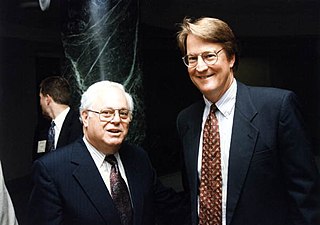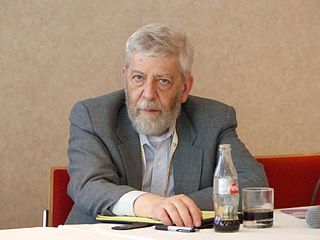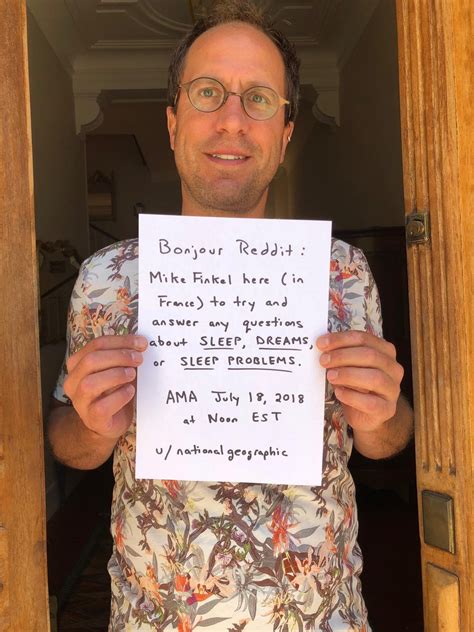A Quote by Ted Cruz
I support capital punishment. But let's be clear: It's a decision for each state to make.
Quote Topics
Related Quotes
When in Gregg v. Georgia the Supreme Court gave its seal of approval to capital punishment, this endorsement was premised on the promise that capital punishment would be administered with fairness and justice. Instead, the promise has become a cruel and empty mockery. If not remedied, the scandalous state of our present system of capital punishment will cast a pall of shame over our society for years to come. We cannot let it continue.
We have a legal system, and this is not something that happens all the time. We have capital punishment. America has capital punishment. Iran has capital punishment. Iran hangs people and leaves their bodies hanging on cranes. Iran put to death more than a thousand people last year. I don't see EU reporting on it.
As a Catholic, you can have two views on capital punishment. You can think, let Caesar do what Caesar needs to do, and the law says you can impose capital punishment, so you impose it. You can [also] be a Catholic who says we can't kill, we can't kill babies and we can't kill adults. If you let a decision be driven by your personal views, then you are not doing what a judge needs to do, which is enforce the laws of the society that you are in. But you can control your own behavior, and that is the choice that the church and God gives us - what kind of people are we going to be.
Executing a murderer is the only way to adequately express our horror at the taking of an innocent life. Nothing else suffices. To equate the lives of killers with those of victims is the worst kind of moral equivalency. If capital punishment is state murder, then imprisonment is state kidnapping and restitution is state theft.
It's a tract against capital punishment in the genre of Swift's Modest Proposal. I was simply following a formula to its logical conclusion. Some people appear to have understood it. The publication of Naked Lunch in England practically coincided with their abolition of capital punishment. The book obviously had a certain effect.
Muslims who convert to Christianity are not protected. That carries capital punishment. He would be given the opportunity to repent, and the Sharia court would need to determine if he was really a Muslim in the first place, did he know what he was doing, and once all of that has been determined, there is capital punishment for that in Islam.
I have been brought up in a culture where capital punishment is indeed anathema. I have always thought of myself as a principled opponent to capital punishment. However, when thinking about how the topic is handled in other cultures, in particular the American, Russian and Chinese ones, I have realised that my own tack on the issue was utterly superficial.
Those subject to capital punishment are real human beings, with their own backgrounds and narratives. By contrast, those whose lives are or might be saved by virtue of capital punishment are mere 'statistical people.' They are both nameless and faceless, and their deaths are far less likely to be considered in moral deliberations.


































